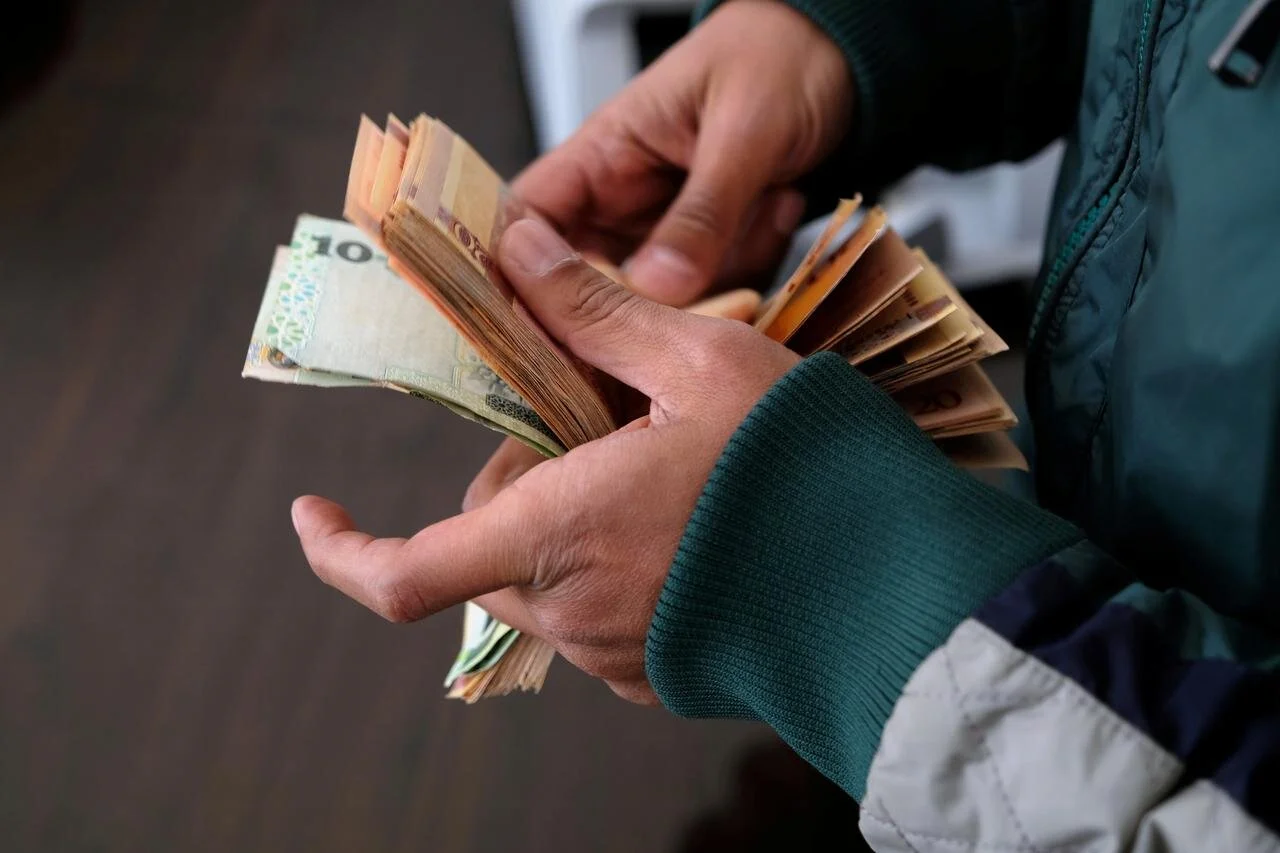United States: A Chance for Improvement?
Karim Mezran and Alissa Pavia examine the United States foreign policy towards Libya a decade on from the revolution.
United Kingdom: Navigating Uncertainty
Peter Millett examines the United Kingdom's foreign policy towards Libya a decade on from the revolution.
Italy: In Pursuit of a New Role
Mattia Giampaolo examines Italy's foreign policy towards Libya a decade on from the revolution.
Algeria: Preventing Chaos
Dr Yahia H. Zoubir examines Algeria's foreign policy towards Libya a decade on from the revolution.
Tunisia: Between Diplomatic Doctrine and Revolutionary Reality
Habib M. Sayah examines Tunisia's foreign policy towards Libya a decade on from the revolution.
Morocco: Positive Neutrality
Noamane Cherkaoui examines Morocco's foreign policy towards Libya a decade on from the revolution.
Turkey: The Geo Political Knot
Bilgehan Öztürk examines Turkey's foreign policy towards Libya a decade on from the revolution.
Qatar: From Activism to Pragmatism
Dr Andreas Krieg examines Qatar's foreign policy towards Libya a decade on from the revolution.
Egypt: In Deep Waters
Hafsa Halawa examines Egypt's foreign policy towards Libya a decade on from the revolution.
Russia: From Retreat to Resurgence
Samuel Ramani examines Russia's foreign policy towards Libya a decade on from the revolution.
United Arab Emirates: Reversing the Revolution
Matthew Hedges examines the foreign policy of the United Arab Emirates towards Libya a decade on from the revolution.
France: Strong Man Syndrome
Jihâd Gillon examines France's foreign policy towards Libya a decade on from the revolution.
Why Words Matter: The Problem with the Term Islamist
The term Islamist is used to describe both violent anti-democratic groups like Islamic State as well as non-violent democratic groups like the Muslim Brotherhood. Dr Usaama al-Azami analyses the pernicious effects of blurring the lines between these two opposed groups, arguing that this blurring plays into the hands of authoritarians.
Ninety two days: How Mercenaries Shape Libya’s Conflict and its Resolution
Foreign mercenaries who shaped Libya's civil war have been set a three month deadline to leave the country as part of a recent UN brokered ceasefire agreement. Dr Andreas Krieg analyses how foreign powers shaped Libya's war through mercenaries and could define the UN's latest attempt to bring lasting peace.
Living in the Shadows of Authoritarianism
As political talks enter a crucial phase to end Libya’s civil war, international bodies warn Libya’s indigenous and ethnic minority communities are in the top 10 globally most at risk from violence. Asma Khalifa analyses why this is, how indigenous identity was systematically erased in Libya, and it’s authoritarian purpose.
Could Libya be Partitioned?
Strongman Khalifa Haftar has lost the initiative, and it looks as if the only option left for his international backers is to divide the country.
Russia’s Role in the Libyan Civil War gives it Leverage over Europe
Russia has played all sides in the conflict to get a seat at the negotiating table. Now it wants an end to sanctions.
Egyptian Lessons to Libya - and why Consensus is Key
The General National Congress adoption of the law to set up and elect the Constitutional Assembly. The Egyptian case shows the importance of a larger support than just ‘simple majoritarianism’ in a case like this.
Why Libya’s “Isolation Law” threatens Progress
The ’isolation law’ and the power of the new Isolation Commission might affect the stability of Libya negatively, since not only this who held a senior position in the Gadhafi regime but also intellectuals, civil servants and more will be prevented from participation in politic for a decade.
Libya’s Liquidity Crisis
The development of the Libyan Dinar is still linked to foreign economies. A situation that needs to be changed ignorer for the Libyan currency to become stable in the longterm.




















